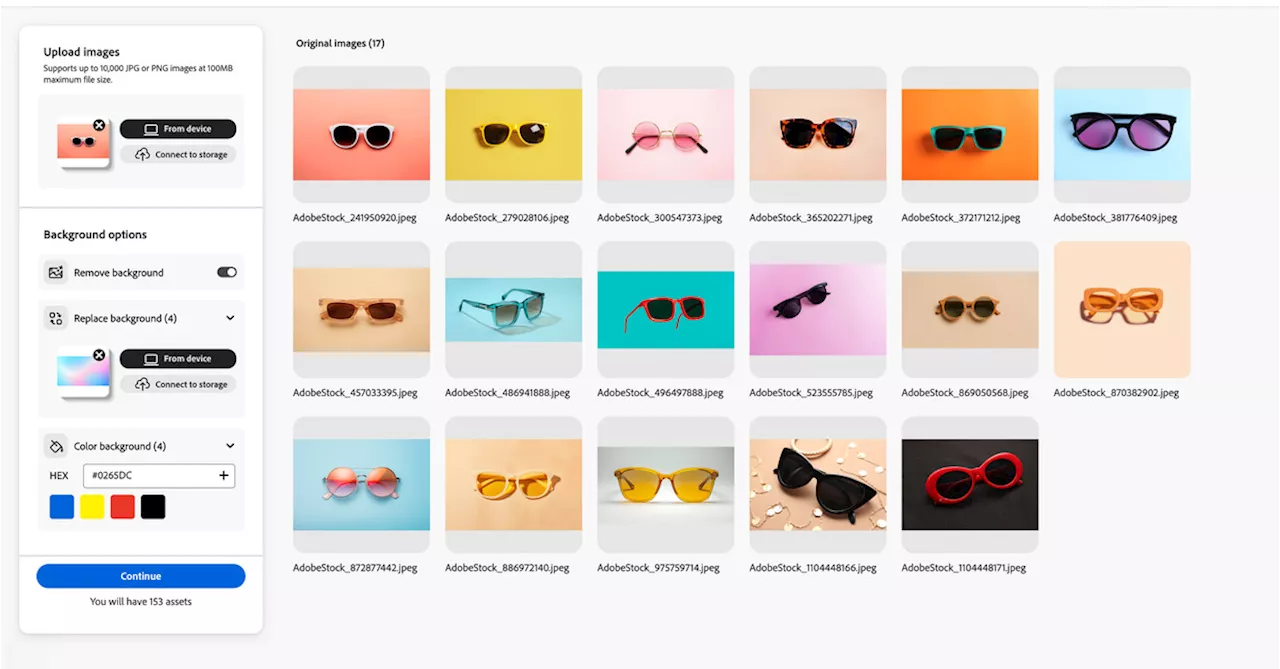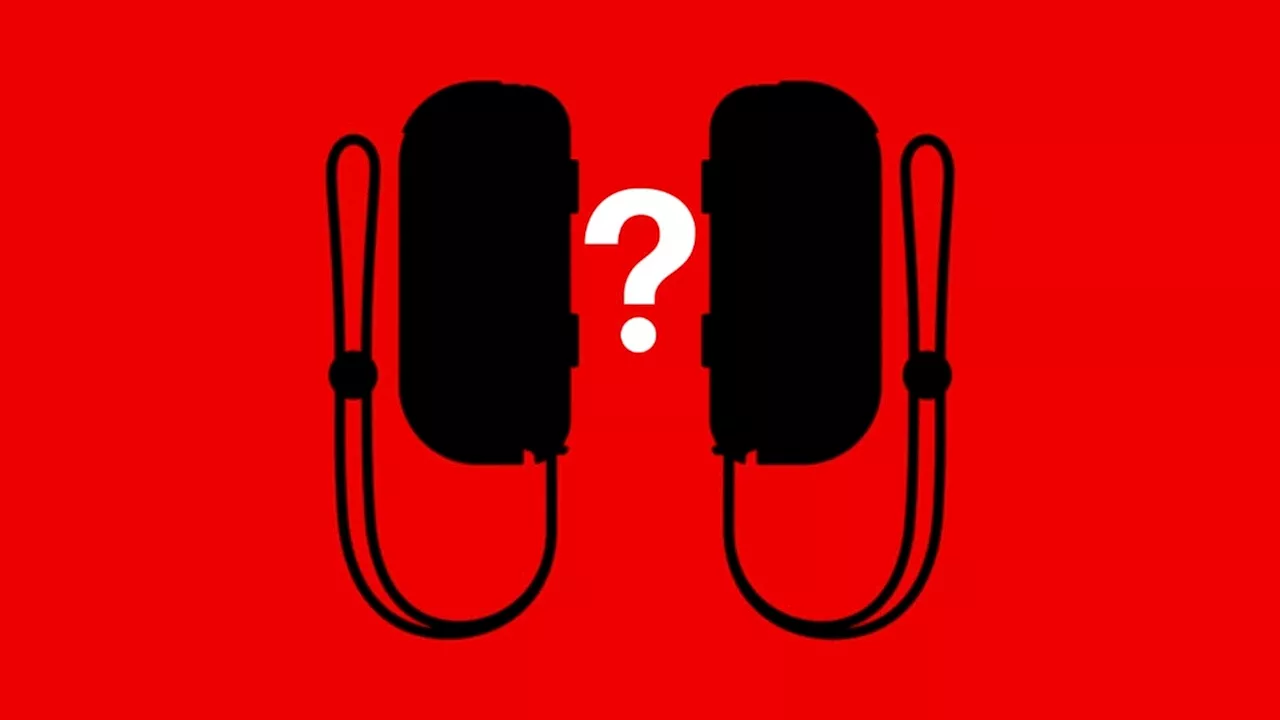Artificial intelligence chatbots are transforming the way people shop online, offering a more personalized and efficient experience. This holiday season, shoppers turned to AI for gift ideas and deals, driving a surge in traffic to retail websites. Amazon, with its AI-powered shopping assistant Rufus, is leading the charge, providing customers with real-time recommendations, product comparisons, and personalized shopping experiences.
There's a new shopping sidekick in town: generative AI. Looking for gift ideas and bargains, online shoppers flocked to artificial intelligence chatbots in droves this holiday season. Retailers reaped the benefits, particularly Amazon . Clicking on a link to a retail site provided by AI increased 1,300% year over year during November and December, according to data from Adobe. Adobe, the software company best known for Photoshop and Acrobat, also has a digital analytics arm.
While coming off a small user base, the astounding annual growth rate nevertheless shows that chatbots built on generative AI technology such as ChatGPT are changing how people shop. They can be a tool for shoppers both uncertain about what to get for family and friends and hunting for the best deals. Consumers are craving 'speed, efficiency, and strong pricing, given persistent inflation,' according to Vivek Pandya, an analyst at Adobe Digital Insights. Users are now 'setting a lot of criteria' as they refine their search for products and 'trying to move through that in a speedy fashion,' he told CNBC in an interview. Historically, shoppers prioritize price, selection, and value. Now, chatbots are helping users find what they want and need in faster, more convenient ways. Unlike search engines, chatbots offer a conversational experience. With OpenAI's ChatGPT, users engage in back-and-forth interactions to narrow their search. Google Search still returns the traditional results users have come to expect but also generates AI responses. And, like ChatGPT, Alphabet's Google has a standalone Gemini chatbot that users can interact with directly. Retailers themselves also are getting into the action — rather than just counting on chatbots to send web traffic their way or paying for it. Unsurprisingly, Amazon is at the forefront thanks to its tech industry roots and heavy spending on AI. Amazon has Rufus, a generative AI-powered conversational shopping assistant available on the Amazon app and desktop. Launched in February 2024, Rufus acts as a personal shopping guide, helping customers discover products through interactive conversations, personalized recommendations, and real-time answers to their questions. Trained on Amazon's vast product catalog and customer reviews, Rufus connects shoppers with the best deals, and time-sensitive discounts — all with a few simple queries. For instance, if a customer asks Rufus to compare different products, using natural conversational language, it will immediately provide images, and detailed descriptions, along with filters and price ranges — making it easier for the shopper to find exactly what they're looking for without taking them offsite. Customers have already asked Rufus tens of millions of questions, according to an Amazon update on the service in September. Upon launch, investment firm Baird viewed Rufus as a 'significant development' for its ability to 'drive higher conversion rates from more relevant product recommendations, while providing new opportunities for ad monetization,' analysts wrote in a March 2024 note. They added that Rufus can help Amazon become more of a 'product discovery and recommendation' platform rather than just a 'product search and buy' platform. BMO Capital Markets called Rufus' integration 'underappreciated' for its support of 'new customer growth and greater frequency among existing users.' This shopping assistant, combined with Amazon's other generative AI capabilities positions the company's retail segment for double-digit growth in gross merchandise value – a measure of the total value of sales – while 'unlocking meaningful free cash flow,' analysts wrote back in April. Amazon has an accelerated level of success in customer-facing generative artificial intelligence tools because of its 'AI ecosystem' which includes advanced models, engineers, and data scientists, according to Mansur Khamitov, assistant professor of marketing and consumer behavior at Indiana University's Kelley School of Business. 'There are different levels of sophistication and user-friendly algorithms that have been developed,' he explained. To achieve this, there needs to be a 'consolidated effort on behalf of the organization.' With Amazon's customer-obsessed mindset, management has not skipped a beat in developing and deploying AI to improve customer service across its retail operations. The company's skillset has helped Prime members get their deliveries faster, advertisers make their ads more engaging, and sellers manage inventory and forecast sales better. The only traditional retailer with similar AI breadth is Walmart , Khamitov argued. Walmart is building a generative AI-powered shopping assistant in beta testing on mobile. The idea is similar to Amazon's Rufus. Walmart has other AI shopping helpers, including search within the navigation bar, product reviews, summaries, and comparisons
Generative AI Chatbots E-Commerce Amazon Rufus AI Shopping Retail Technology Online Shopping Trends
United States Latest News, United States Headlines
Similar News:You can also read news stories similar to this one that we have collected from other news sources.
 Generative AI Chatbots Drive Record Online Holiday SalesAdobe Analytics reports that online holiday shopping reached a record $241.4 billion in 2024, fueled by a surge in traffic from generative AI-powered chatbots.
Generative AI Chatbots Drive Record Online Holiday SalesAdobe Analytics reports that online holiday shopping reached a record $241.4 billion in 2024, fueled by a surge in traffic from generative AI-powered chatbots.
Read more »
 Adobe Unleashes Generative AI Tools to Revolutionize Content CreationAdobe is pushing the boundaries of creative workflows with its latest suite of generative AI tools, designed to automate time-consuming tasks and empower users with unprecedented efficiency. Firefly Bulk Create, the standout feature, enables users to effortlessly resize and replace backgrounds of up to 10,000 images simultaneously, streamlining image editing processes for marketers, designers, and creators.
Adobe Unleashes Generative AI Tools to Revolutionize Content CreationAdobe is pushing the boundaries of creative workflows with its latest suite of generative AI tools, designed to automate time-consuming tasks and empower users with unprecedented efficiency. Firefly Bulk Create, the standout feature, enables users to effortlessly resize and replace backgrounds of up to 10,000 images simultaneously, streamlining image editing processes for marketers, designers, and creators.
Read more »
 Generative AI Fuels Record Online Holiday ShoppingAdobe Analytics reveals online holiday spending hit $241.4 billion, driven by AI-powered chatbots boosting e-commerce traffic.
Generative AI Fuels Record Online Holiday ShoppingAdobe Analytics reveals online holiday spending hit $241.4 billion, driven by AI-powered chatbots boosting e-commerce traffic.
Read more »
 Nintendo Switch 2: Leaked 'Campus' Feature Could Revolutionize Online GamingRumors swirl around the upcoming Nintendo Switch 2, with a potential 'Campus' feature allowing for shared rooms and screen sharing with up to 12 players. This could significantly enhance online gaming on the platform.
Nintendo Switch 2: Leaked 'Campus' Feature Could Revolutionize Online GamingRumors swirl around the upcoming Nintendo Switch 2, with a potential 'Campus' feature allowing for shared rooms and screen sharing with up to 12 players. This could significantly enhance online gaming on the platform.
Read more »
 The AI Bubble: Generative AI's DisillusionmentThe explosive growth of generative AI in 2022 and the subsequent hype surrounding it have given way to disillusionment in 2024. Despite its initial popularity, the technology faces significant challenges, including its inability to reliably fact-check its output and generate accurate information.
The AI Bubble: Generative AI's DisillusionmentThe explosive growth of generative AI in 2022 and the subsequent hype surrounding it have given way to disillusionment in 2024. Despite its initial popularity, the technology faces significant challenges, including its inability to reliably fact-check its output and generate accurate information.
Read more »
 The AI Bubble Bursts: Generative AI's Limitations and DisillusionmentThis article discusses the rapid rise and subsequent disillusionment with generative AI, highlighting its limitations and the growing gap between hype and reality. It explores the fundamental flaws of generative AI models, their tendency to hallucinate, and the lack of profitability despite high valuations.
The AI Bubble Bursts: Generative AI's Limitations and DisillusionmentThis article discusses the rapid rise and subsequent disillusionment with generative AI, highlighting its limitations and the growing gap between hype and reality. It explores the fundamental flaws of generative AI models, their tendency to hallucinate, and the lack of profitability despite high valuations.
Read more »
